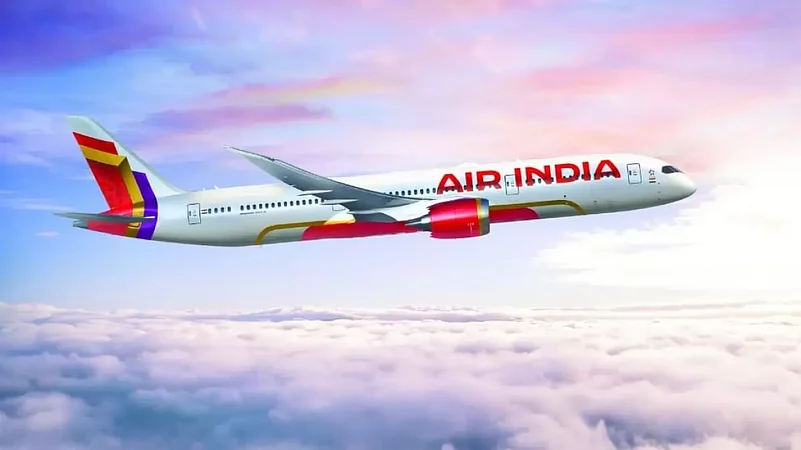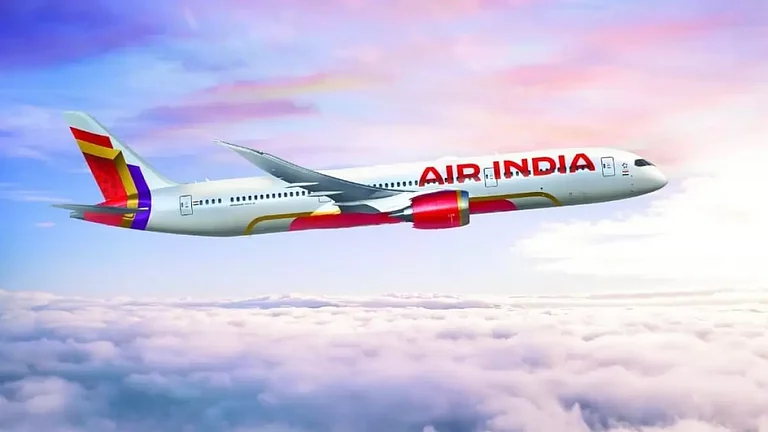
DGCA has warned Air India CEO Campbell Wilson for misusing a special FDTL exemption meant for rerouted flights after Pakistan closed its airspace to Indian carriers.
However, the Tata Group airline reportedly used the exemption for flights that were not impacted by the airspace ban.
Air India has come under the Directorate General of Civil Aviation’s (DGCA) scanner for misusing the exemption given for pilot flight duty rules under special circumstances. The regulator on August 11 warned the Tata Group airline’s CEO, Campbell Wilson, for misusing the exemption under the flight duty time limitation (FDTL) granted after Pakistan had suspended the usage of its airspace by Indian airlines.
“Accountable manager [CEO Campbell Wilson] failed to ensure compliance with the rules. Accordingly, the accountable manager of AI is hereby warned and advised to exercise utmost diligence and responsibility in ensuring strict compliance with the applicable civil aviation requirements,” DGCA added.
What is the Exemption and How Did Air India Misuse It?
After Pakistan banned its airspace, Indian airlines had to take a longer route to travel to western countries. DGCA’s exemption allowed Air India to extend pilot flying hours so that west-bound flights could continue operating. But the Tata Group airline reportedly applied this exemption to flights that weren’t affected by the airspace ban. The airline kept the pilots flying for a longer period of time and had cut the number of cockpit crew from 3 to 2 on its separate flights covering the Bengaluru-London route. Both these flights did not use Pakistan’s airspace. The regulator took cognisance of the act, and a senior official called the airline’s move as “oversmartness”, the Times of India reported. The special exemption on pilot duty hours ended on the day the Ahmedabad plane crash took place.
Air India, in its reply to the regulator, said the issue surfaced due to a misunderstanding of the exemption granted to deal with the airspace ban.
The development has come around a time when the Tata Group airline has come under intense scrutiny of the regulator following the Air India Ahmedabad plane crash, which took the lives of over 280 people. A few weeks back, the regulator flagged that nearly 15 aircraft of the Tata Group airline have been functioning without a certificate of airworthiness, which is a crucial check that ensures safety and security in air travel. DGCA had also raised concerns related to the over-usage of several aircraft components to three senior officials of the airline, the Economic Times had reported.





























